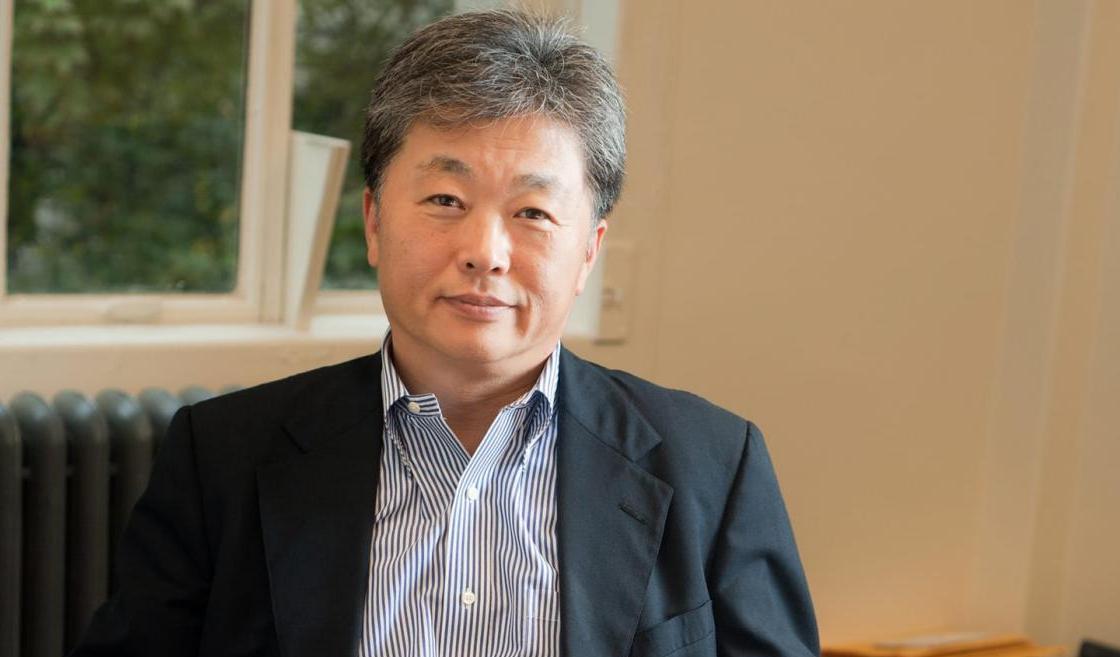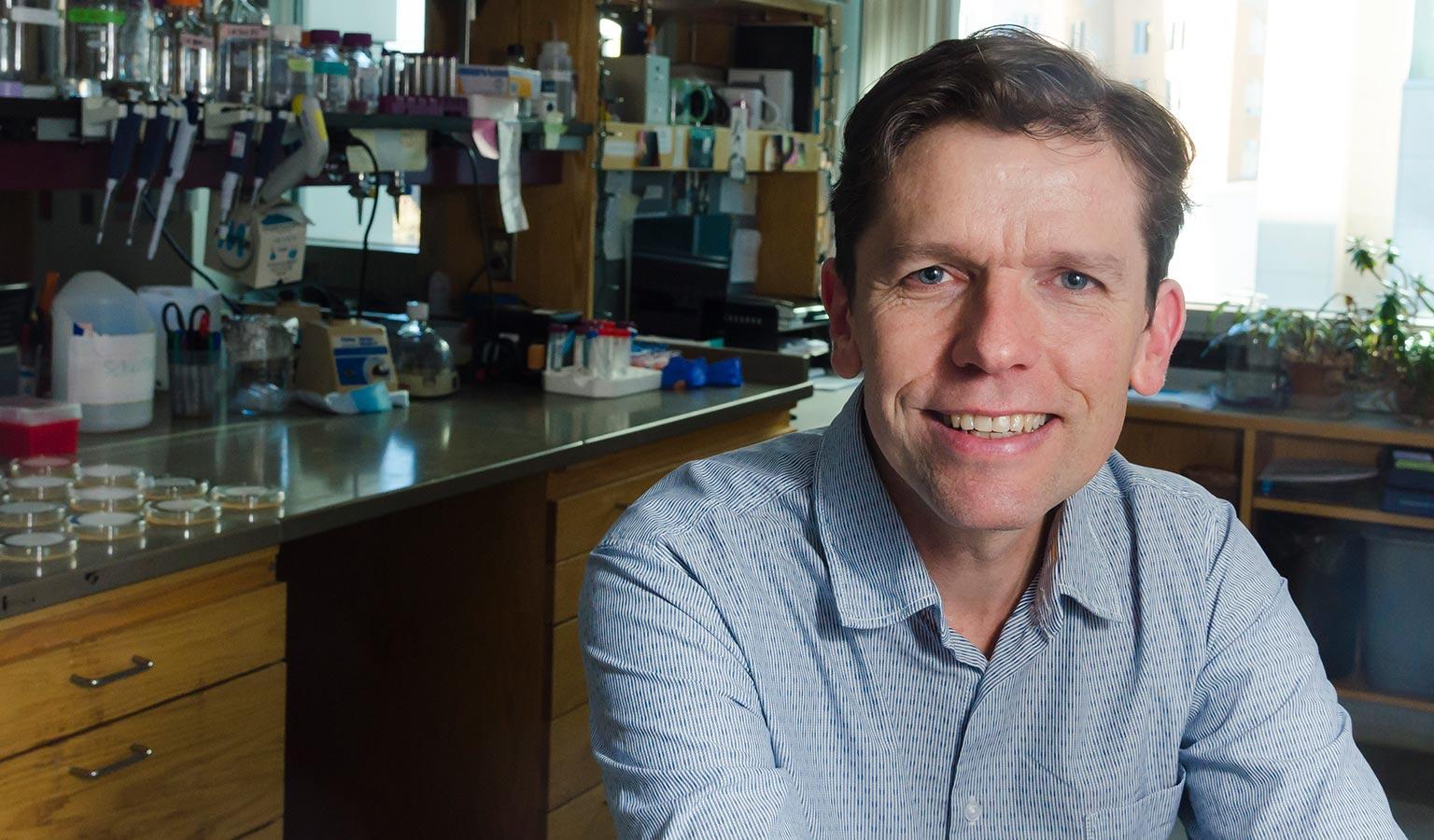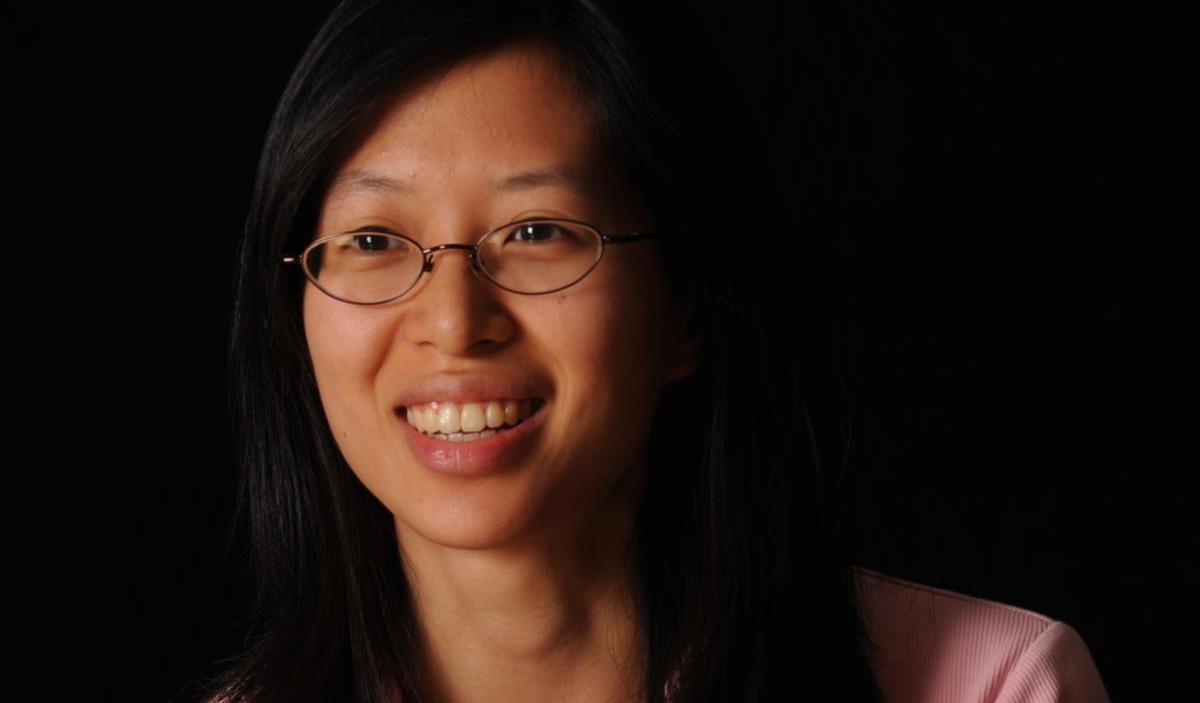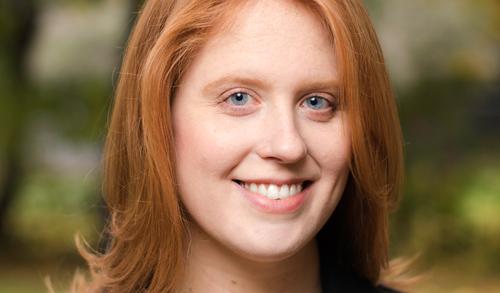La clave del éxito en las operaciones de fabricación radica en la capacidad del diseño y las familias de producto para adaptarse al mercado mundial. En este sentido, es necesario conseguir los objetivos marcados a corto plazo y mantener los estándares de eficiencia de la producción en masa. En este programa, se analiza el uso del diseño de plataformas para aumentar con éxito la variedad de una línea de productos, acortar los plazos de fabricación y reducir los costes generales asociados.
In today’s highly competitive and volatile market, rapid innovation and mass customization offer a new form of competitive advantage—pushing organizations to implement strategies for designing and developing an entire family of products. In our eight-week Designing Product Families: From Strategy to Implementation course, you will explore how product architecture, platforms, and commonality can help you successfully deploy and manage a family of products.
This course is part of our:
La fábrica del futuro ya está aquí:
Toma ventaja de los cien años de trayectoria que tiene MIT en colaboración con varias industrias para entrar al programa online Smart Manufacturing: Operaciones en la 4ª Revolución Industrial.
Amidst rapid technological advancements, the internet of things is transforming the way we live and work. In our nine-week Industrial Internet of Things: From Theory to Applications course, you’ll explore real-life case studies and the latest research in order to deepen your understanding of the digital tools that are enabling a new generation of sensors—including fundamental sensing, computing, and communication software technologies.
En medio de los rápidos avances tecnológicos, el Internet de las cosas está transformando la forma en la que vivimos y trabajamos. En nuestro programa online de nueve semanas, “Internet of Things Industrial: Teoría y Aplicaciones”, explorarás estudios de casos de la vida real, así como las últimas investigaciones, para profundizar en las herramientas digitales que permiten una nueva generación de sensores que incluyen las tecnologías fundamentales de detección, computación y softwares de comunicación.

Sang-Gook Kim is a professor in the Department of Mechanical Engineering. He is currently the Micro/Nano Area Head of the Department of Mechanical Engineering at MIT. Prof. Kim’s research has been in the field of product realization throughout his career at both the industry and academia. His recent research includes piezoelectric MEMS energy harvesting, micro ultrasonic transducers and nano-engineered energy conversion for carbon neutrality and solar water splitting systems.

Thomas U. Schwartz is the Boris Magasanik Professor of Biology at MIT. His primary research investigates communication across biological membranes, using structural, biochemical, and genetic tools. Thomas leads the Schwartz Lab at MIT, which focuses on understanding how signals and molecules are transmitted between the nucleus and cytoplasm across the nuclear envelope, and working to decipher the mechanism and structure of the machinery that executes these cellular processes.

Annie Wang joined MIT's ONE Lab in 2011 as a joint postdoctoral researcher with Prof. Bulovic and Prof. Jeffrey Lang after completing her Ph.D. in electrical engineering at MIT. Her graduate work in Prof. Tayo Akinwande's group (EECS, MIT Microsystems Technology Laboratory) focused on developing organic and oxide semiconductor thin film transistors (TFTs) for large area flexible electronics, particularly a low-temperature-budget, scalable fabrication process for oxide TFT circuits.

Dr. Megan Roberts is the Assistant Director of User Services of the Immersion Lab at MIT.nano, a central facility for multidimensional and interactive data visualization, including augmented and virtual reality. She has over 10 years of experience designing devices, sensors, and materials for interface with the human body. Her research interests include medical technology and manufacturing. She previously worked at Medtronic designing implantable pacemakers. Dr. Roberts received her PhD in Mechanical Engineering from MIT.


